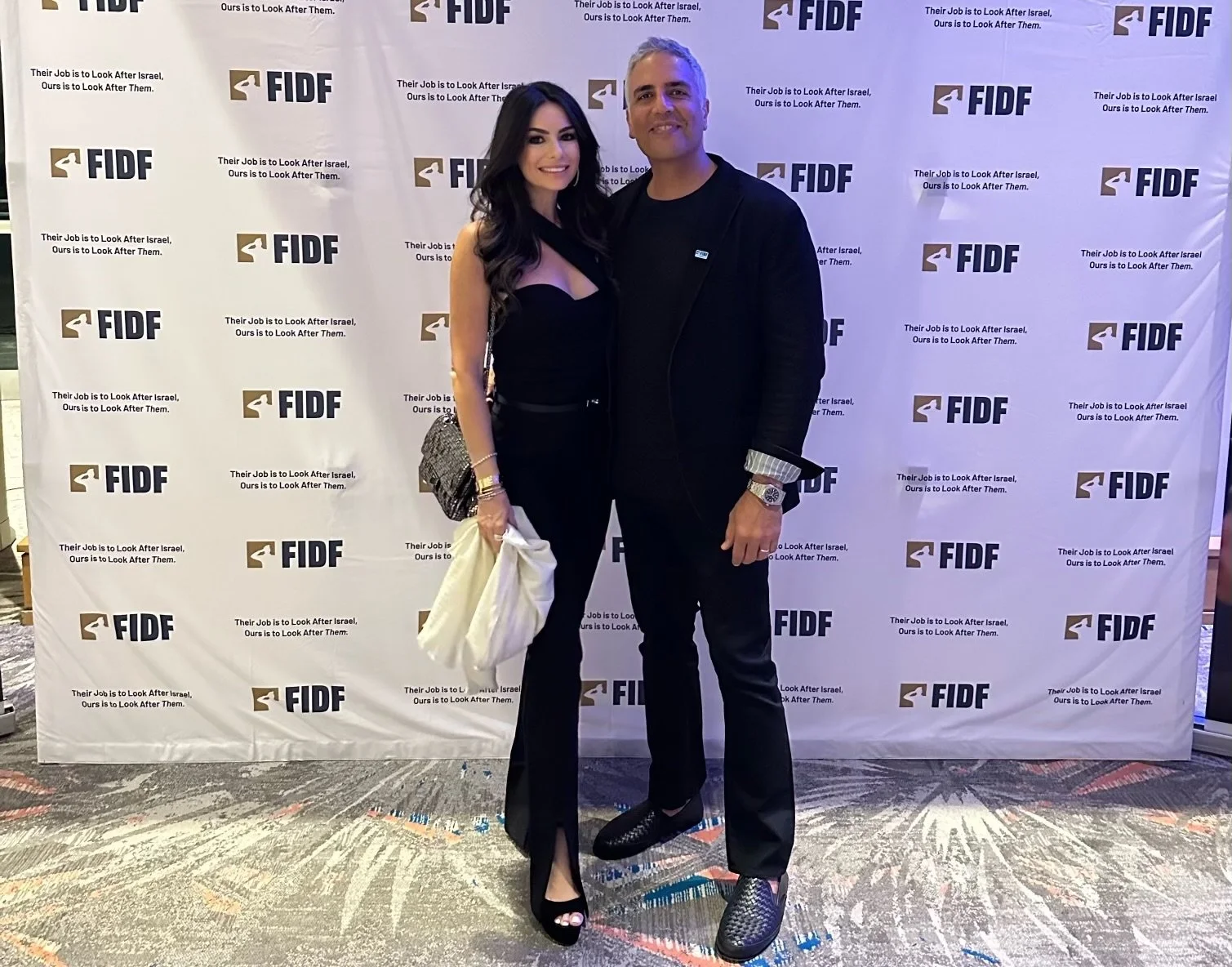What I Am Reading:
How Markets Respond to Geopolitical Crises - A Wealth of Common Sense
According to a survey by the CFA Institute, more than two-thirds of global investment professionals expect the geopolitical climate to affect investment returns over the next three to five years. And a full 70 percent of respondents expect these changes to negatively affect market performance.
In the past nine months or so, the world has seen its share of upheaval, starting last June with the Brexit vote and continuing in November with the election of Donald Trump as president. On April 6, another geopolitical crisis erupted as Trump ordered Tomahawk missile strikes on a Syrian air base in response to a suspected chemical attack on civilians by the regime of President Bashar al-Assad.
A Series of Unfortunate Decisions by @ttunguz
When a person asks a question of an LLM, the LLM responds. But there’s a good chance of an some error in the answer. Depending on the model or the question, it could be a 10% chance or 20% or much higher. The inaccuracy could be a hallucination (a fabricated answer) or a wrong answer or a partially correct answer.
The Keys to Life
In 2014, Google acquired a little-known artificial intelligence (AI) research company. It paid around $600 million. It was considered a large sum at the time… especially for a startup that had only been around for a few years, had no real products, and very little revenue.
It wasn’t even clear what Google was going to do with the business. Or how it would monetize the work coming out of — what was essentially — a research laboratory. In its early years, the team at DeepMind was focused on developing artificial intelligences capable of mastering complex games. It wasn’t because they expected to monetize the work. It was because they were complex challenges to solve.
Focus and Finding Your Favorite Problems
A couple of weeks ago I had the great pleasure of interviewing my friend David Senra who runs the Founders podcast. I called it “watching game tapes of entrepreneurs” which is what David does for a living (the following quotes are from the transcript): “The first four hours of my day is usually just spent with a physical book, just concentrated on reading a biography of an entrepreneur. I’m trying to build this vast catalog of all that took place in the history of entrepreneurship. What can entrepreneurs learn from? What are the best ideas to copy and the worst ideas to avoid?” Needless to say, I highly recommend his work with episodes covering people in all kinds of industries as well as investors like Buffett, Munger, Ed Thorp, Henry Singleton.
What we gain by recognising the role of chance in life
Your luck, they say, can turn around. All you need to do is work a little harder. As a saying often attributed to the Roman philosopher Seneca goes: ‘Luck is what happens when preparation meets opportunity.’ A similar proverb is dated to the 16th century: ‘Diligence is the mother of good luck.’ And even the French chemist Louis Pasteur echoed the idea when he declared in 1854 that ‘chance only favours the mind which is prepared’.
Today, many of us still believe that our fortunes can be engineered. But that is not always how the world works. Luck plays an ungovernable and unpredictable role in our lives, which we can’t fully mitigate through preparation or diligence. So why do we continue to believe we can turn our luck around?
The most expensive handbags ever made
A purse is a purse is a purse. You put stuff in it, and you use it to carry that stuff with you as you go about your business. But some purses are more expensive than others because people enjoy the idea that theirs is made with a different material — or simply that it costs more.
What I am Watching:
AI and Quantum Computing: Glimpsing the Near Future
Catch a glimpse of the near future as AI and Quantum Computing transform how we live. Eric Schmidt, decade-long CEO of Google, joins Brian Greene to explore the horizons of innovation, where digital and quantum frontiers collide to spark a new era of discovery.
Secrets of the Greatest Hedge Fund of All Time
Renaissance has pulled over $100 billion in trading profits out of the markets since its founding decades ago, in a highly secretive approach that combines mathematical equations with cutting edge technology. Zuckerman conducted over 400 interviews with current and former employees of the firm and even spent a few days with Simons himself - despite the fact that he didn't want this story told or the book written.
What I am Listening To:
Can Particles be Quantum Entangled Across Time?
Einstein's "spooky action' describes quantum particles entangled across space, but can such spookiness entangle particles across time? A conversation spanning the origins of quantum mechanics through its leading-edge implications for spacetime itself.


